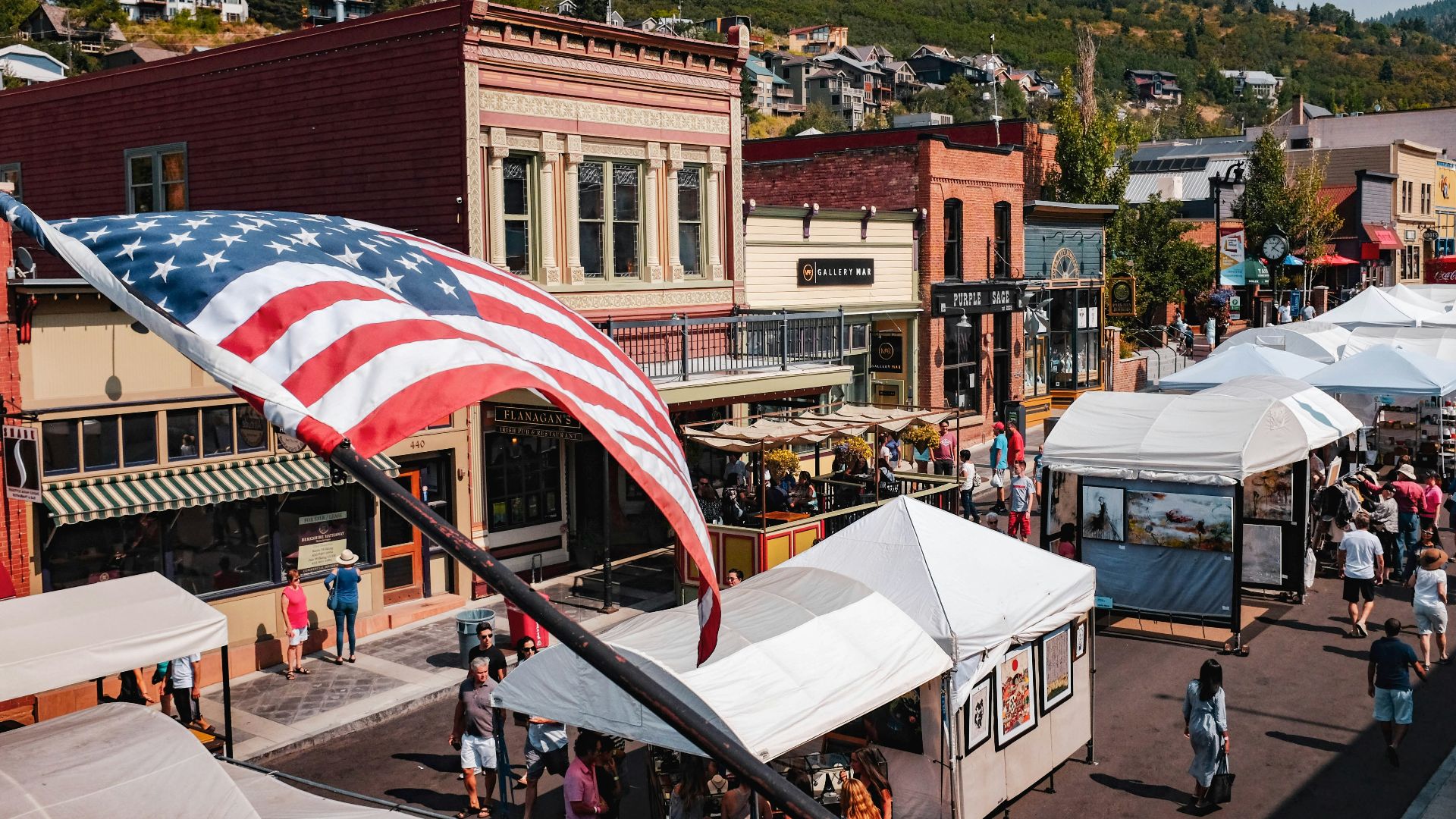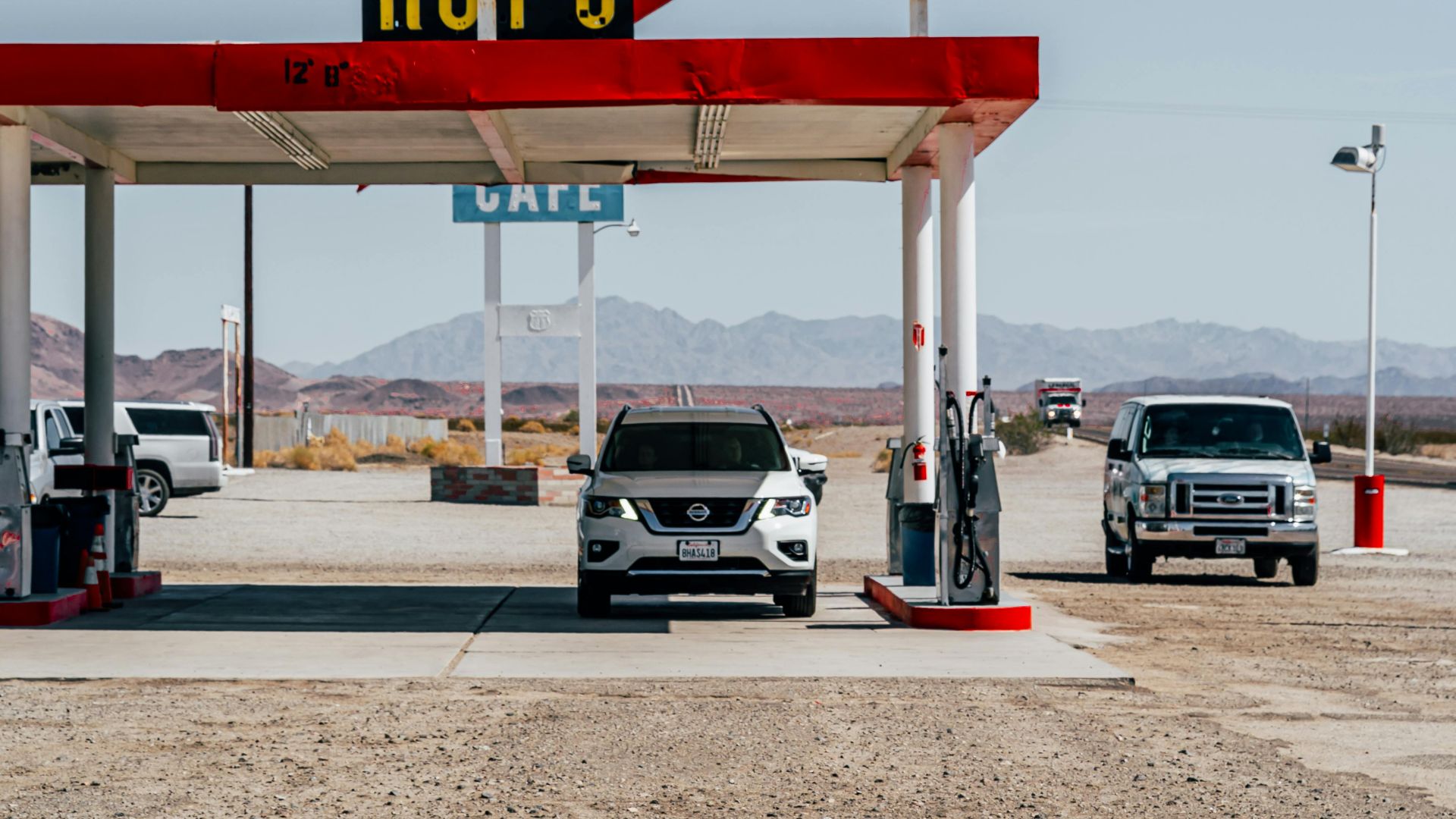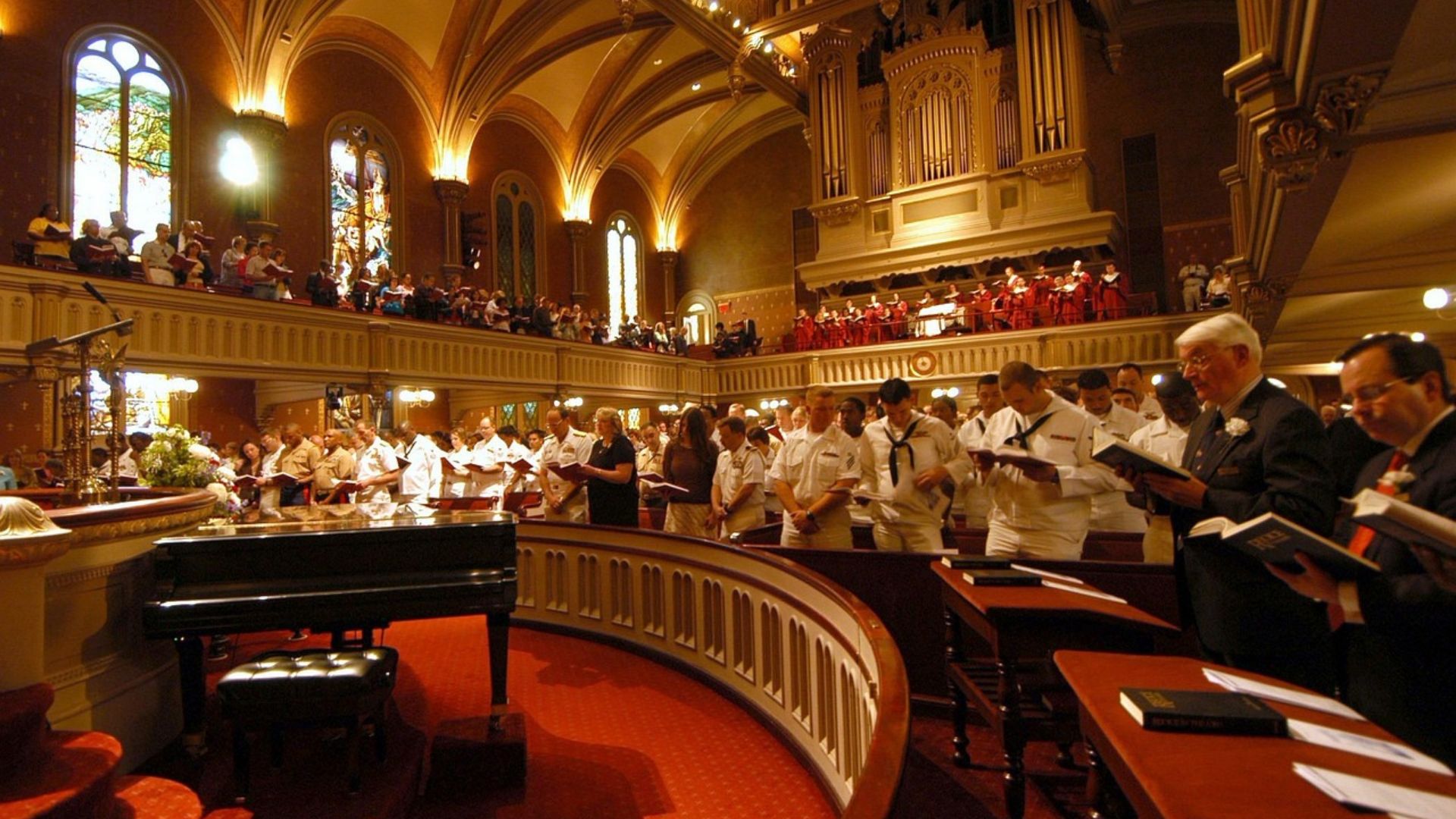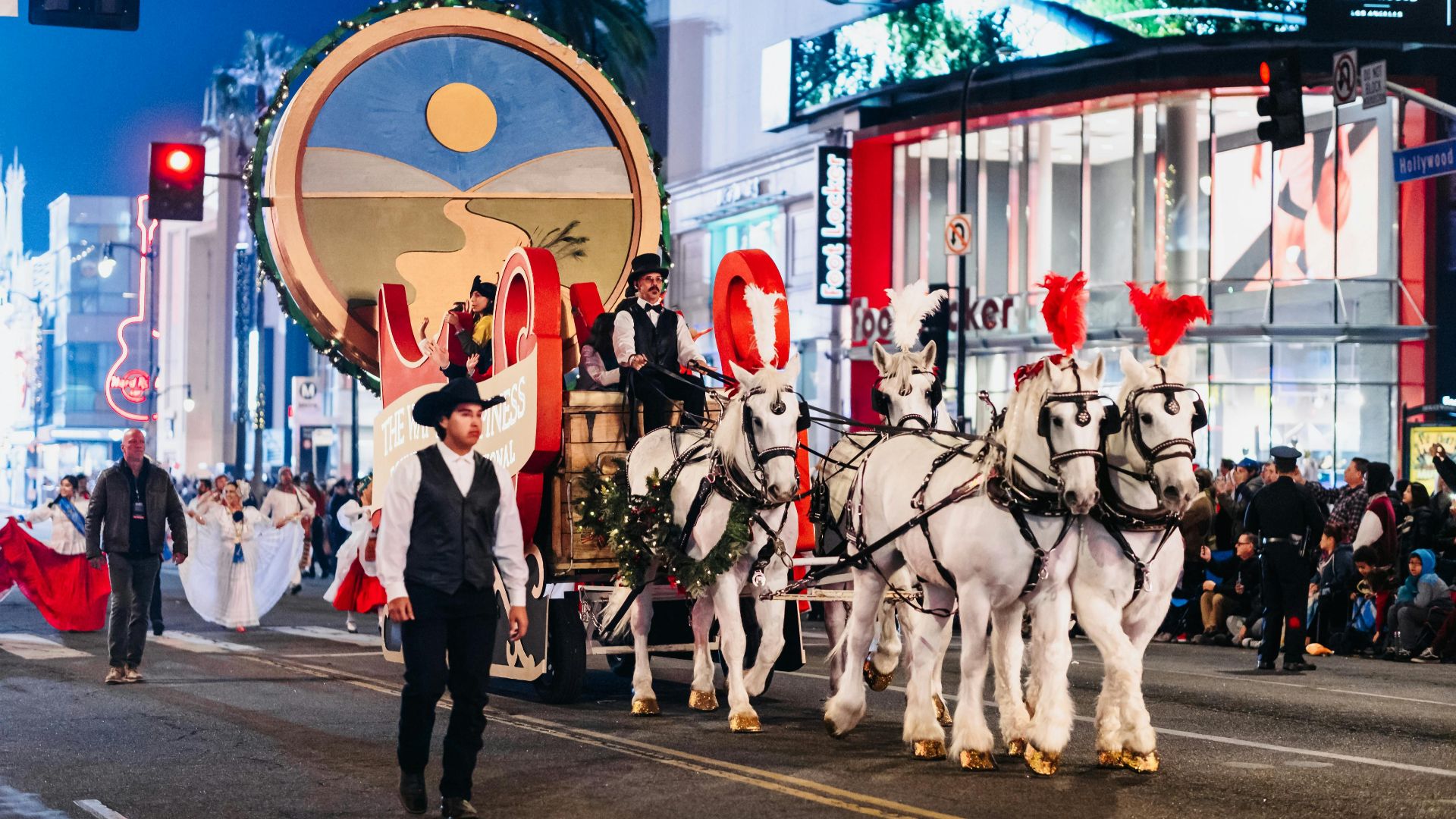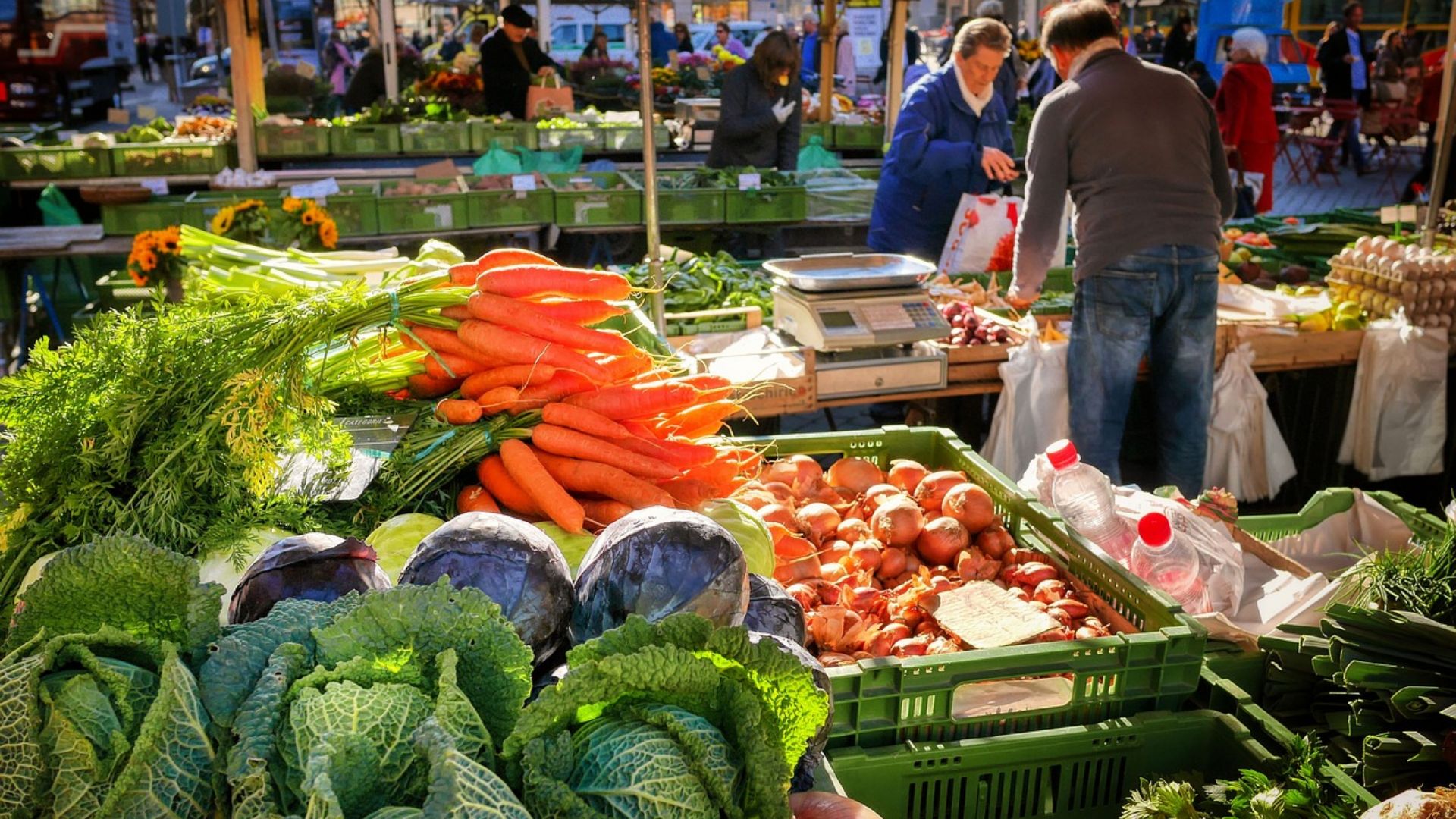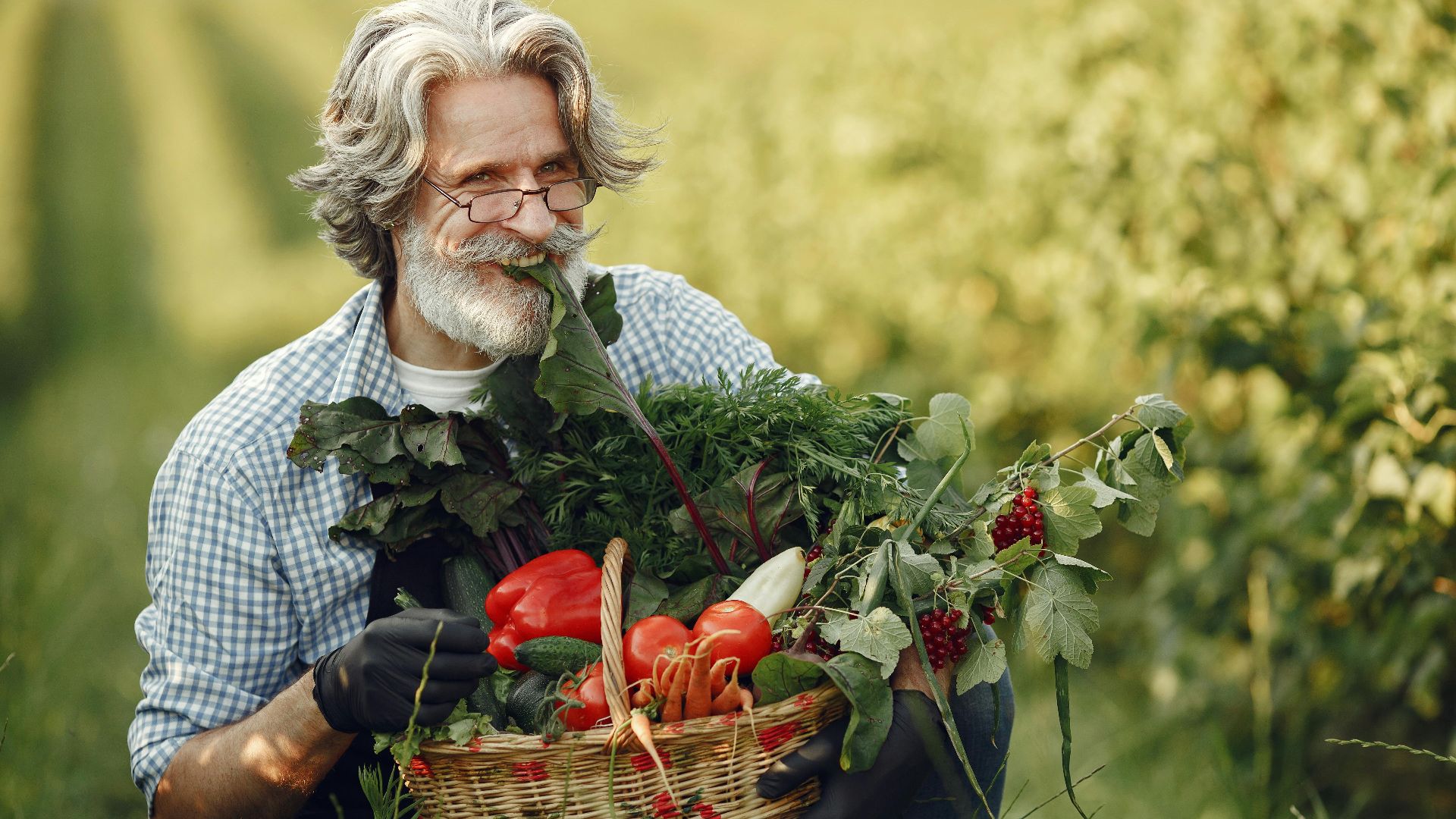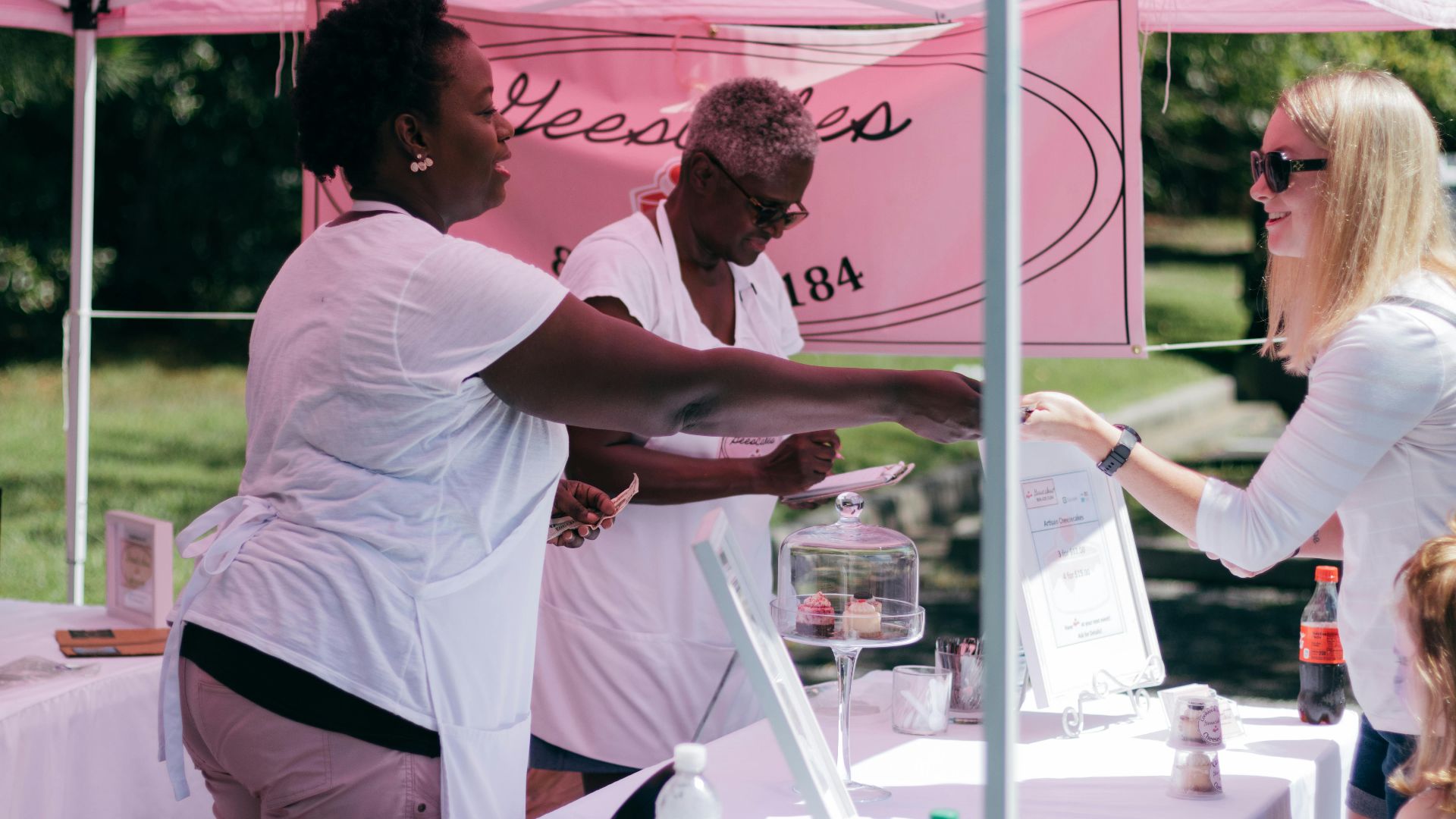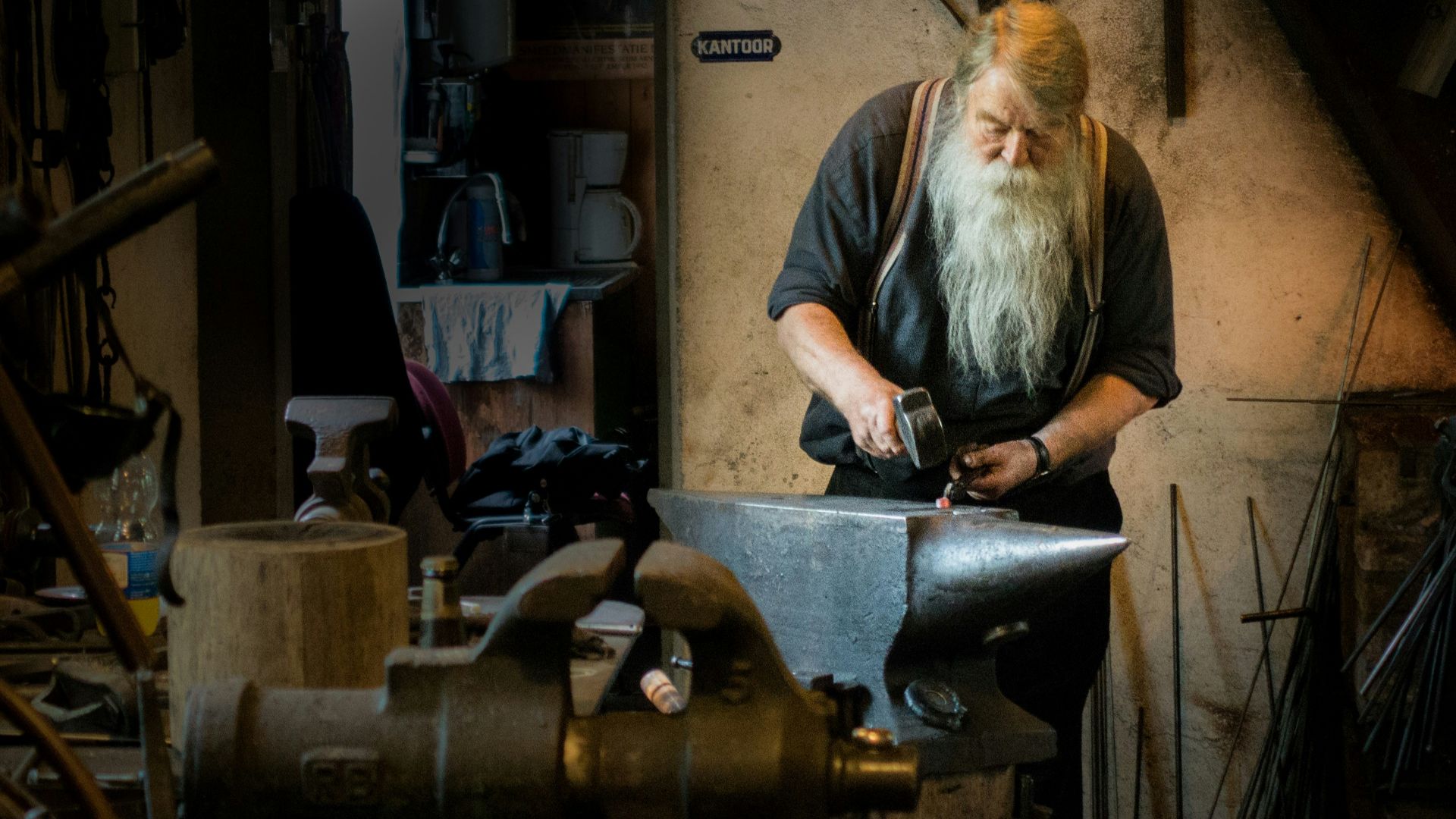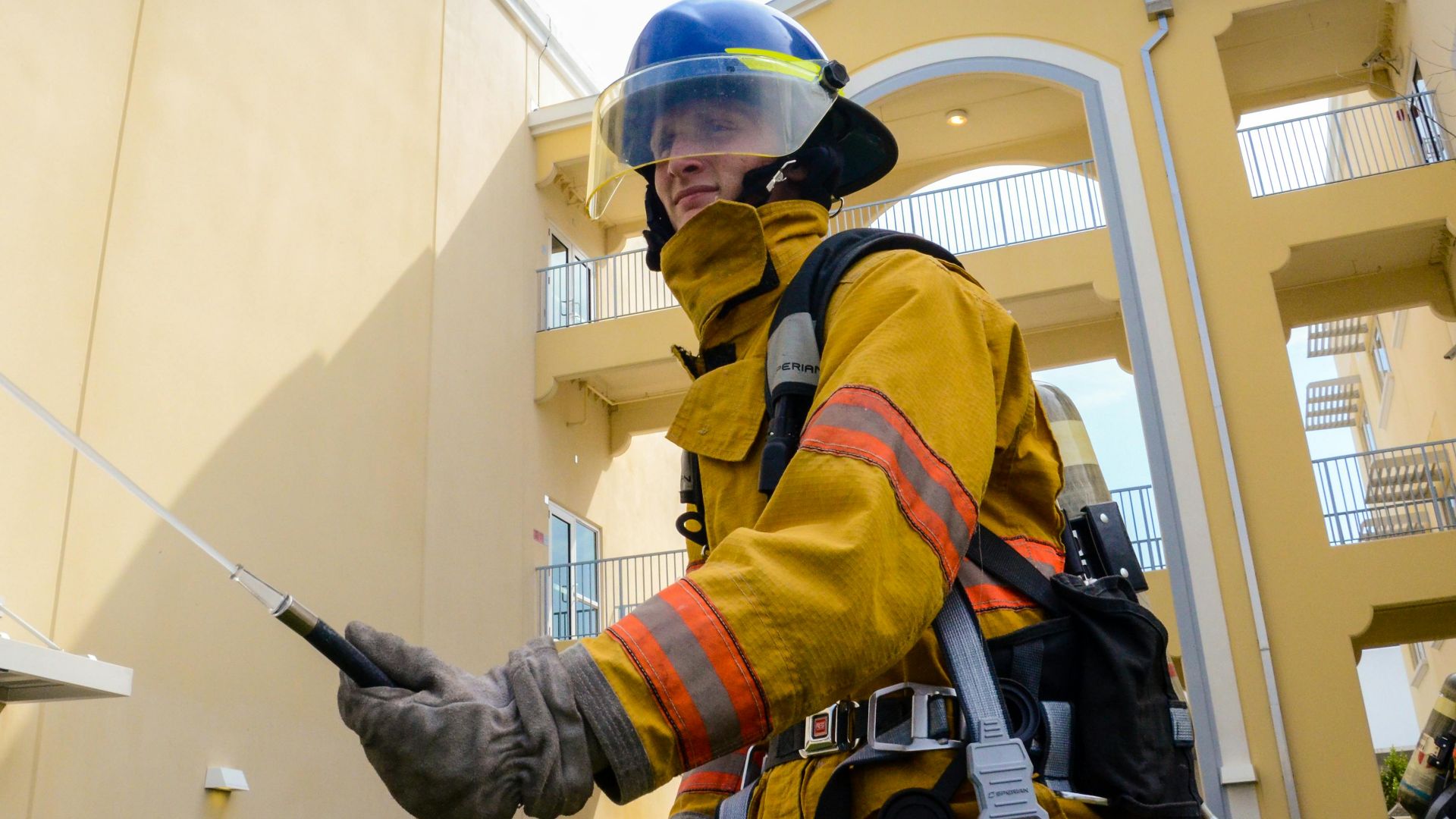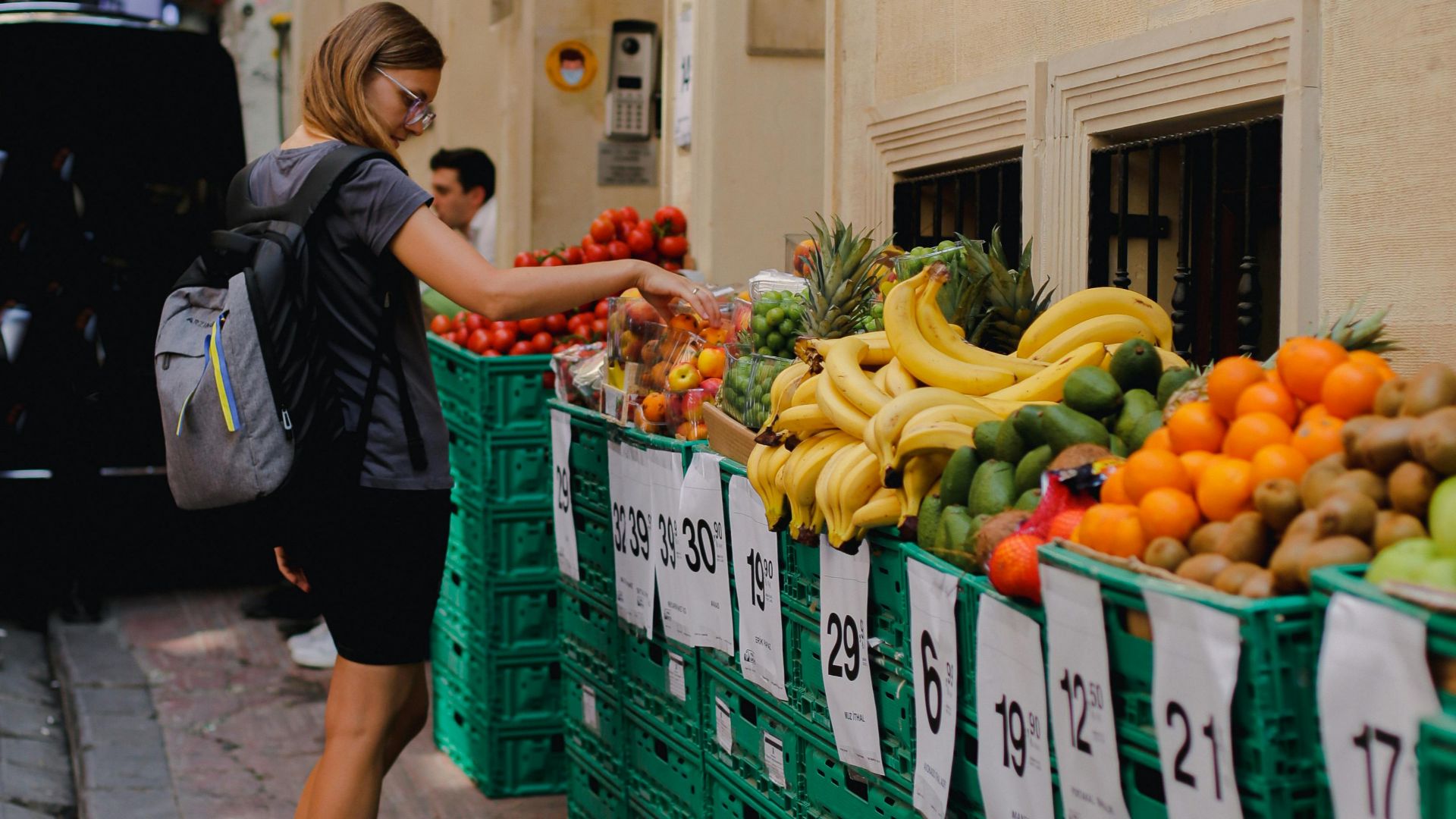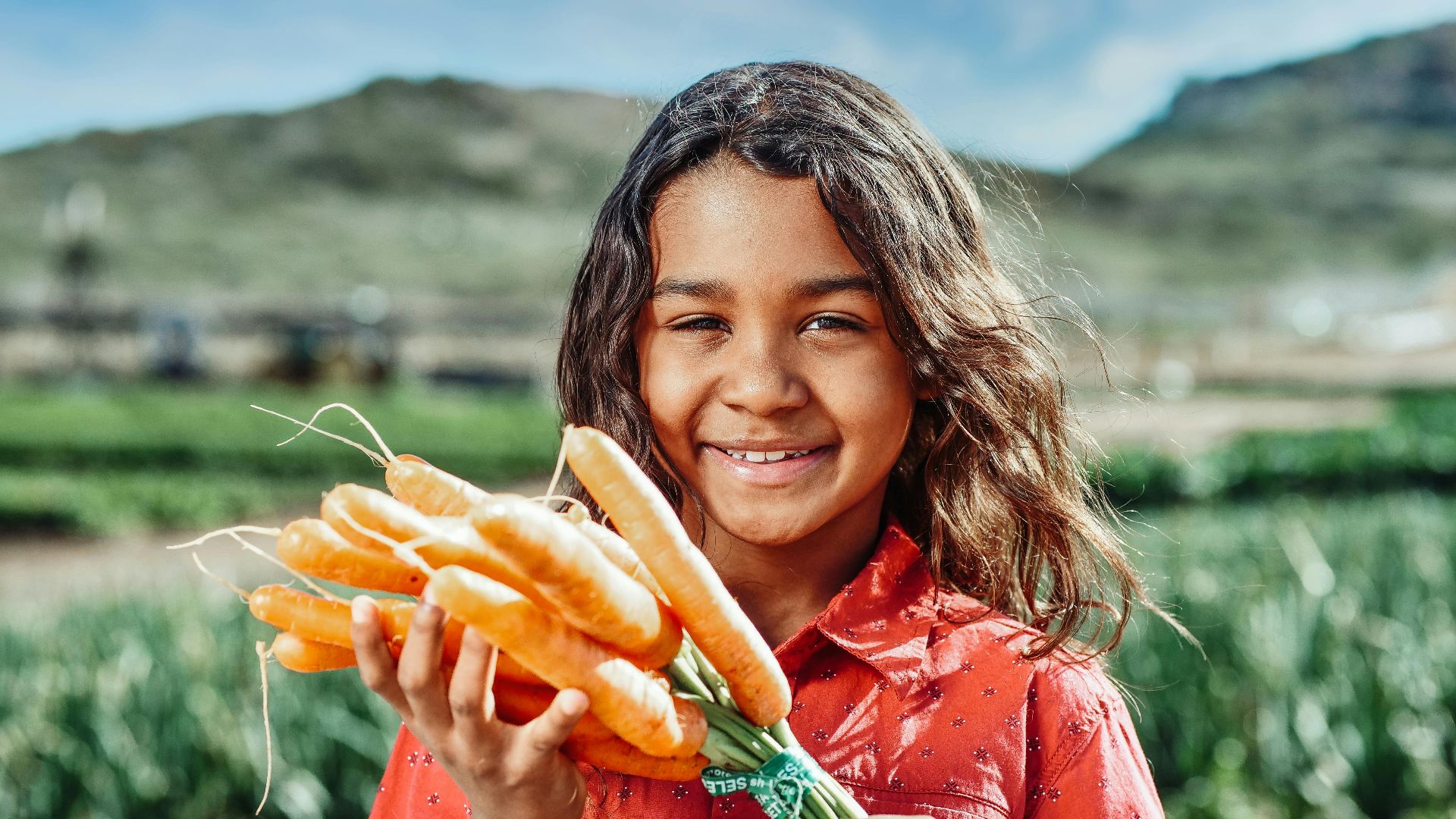Life Here Is Measured In Moments, Not Miles
Deep in rural America, time bends around routines shaped by the quiet certainty of knowing where you belong. Days here unfold differently, and an insider knows this all too well.

Everyone Knows Everyone’s Name
Faces are familiar everywhere you go. At the feed store, someone recalls your dad’s high school football number. The grocery clerk asks if the pest problem in your aunt’s garden was resolved. This constant recognition turns every trip into a reminder that your roots run deep.
One Main Street Holds Nearly Every Business In Town
Main Street lines up everything: the cafe, post office, hardware store, florist shop, and barber in two neat rows facing each other. Each stop feels like a tick on a to-do list, where stocking up at home means strolling from one door to the next.
Grocery Shopping Means A 30-Minute Drive Each Way
Errands stretch across open fields, past farm gates and winding creeks. The drive becomes part of the ritual, giving you time to notice new calves in the pasture or the changing color of the soybeans before returning home with a packed trunk.
The Only Stoplight Is At The Center Of Town
One light controls traffic for miles, and this cuts accident risk at the busiest junction. It doubles as a meeting point—farm trucks, school buses, and pickups converge here—giving you a natural pause to spot familiar faces (or a peek to see if the bakery is open) before moving on.
Family Recipes Are Guarded Like Treasure
Some dishes never see the inside of a cookbook and are only taught to one or two family members. These word-of-mouth instructions keep flavors consistent for decades, preserving heritage while strengthening family identity.
Gas Stations Double As Local Gossip Hubs
At the counter, news travels with the speed of coffee refills. You overhear talk about next week’s auction and the neighbor’s new barn that just got a new paint job. This chatter ties the community together faster than any newspaper ever could.
The Post Office Clerk Knows Your Birthday
The mail window is more than a place for stamps. Whenever you walk towards the counter, the clerk greets you by name and sometimes hands you the next fair’s brochure. Here, your address is part of the town’s living memory.
Church Services Are The Week’s Biggest Social Event
Sunday mornings fill the parking lot with handshakes, casseroles, and laughter. Pews creak under the weight of neighbors who come for worship and stay to plan the next bake sale. It’s faith mixed with fellowship, stitched tightly into the week’s routine.
Local Diner Menus Haven’t Changed In Decades
The laminated menu still lists chicken-fried steak and bottomless coffee, which were there when your great-grandparents were still around. The booth cushions are sometimes even set for specific individuals and their families. And your order? That arrives even before you ask because it is always “the usual”.
High School Sports Bring The Whole Town Together
The bleachers fill early, and the smell of popcorn drifts across the field. Neighbors cheer in unison. Whether it’s football in the fall or basketball in winter, these games unite the entire community. Oh, FYI, the coach is probably someone’s Dad or Mom from the community.
The Town Fair Is Planned All Year Long
Planning committees pore over booth layouts, raffle prizes, and parade themes months in advance. By the time the Ferris wheel lights up the night sky, every detail reflects the town’s pride, from the quilt displays to the pie judging table.
Fresh Eggs Come From Your Own Backyard Chickens
Up to 300 eggs per hen each year—enough for all kinds of meals, plus sharing with neighbors. In rural America, residents skip cartons entirely and enjoy richer yolks and the satisfaction of knowing exactly whose chicken gave them food.
Farmers’s Markets Are The Social Scene Of Summer
When summer comes, stalls overflow with produce picked that morning. Beyond fresh ingredients, markets create a weekly hub for trading recipes and keeping money circulating in the local economy. Some communities might welcome different towns within the region for the exchange.
Vegetable Gardens Replace Trips To The Produce Aisle
Ever tasted a tomato still warm from the sun? A modest 10x10 garden can yield pounds of produce in a season, to help you cut grocery costs while filling your table with food that’s fresher than anything trucked in. Veggies, fruits, herbs, and tubers.
Hunting Season Shapes Family Calendars
Freezers fill and stories get retold for years. All sons and sometimes even daughters get their first handgun training during these trips. One deer can provide fresh, lean meat that’s healthy and tied to traditions that bring families together every autumn.
Fishing Spots Are Treated Like Family Secrets
Whenever your Dad or Grandpa shows you the best fishing spot, that hidden bend in the river, protect it. This is first about bragging rights, especially when all your trips back are with full nets. This fresh-caught fish delivers top-quality protein with zero processing or preservatives.
County Fairs Mean Prize Pies And Tractor Pulls
These aren’t just weekend fun. Local fairs boost small-town economies by giving farmers and other business owners a platform to sell and share new ideas. These events also offer a space where heritage skills—like pie baking or animal husbandry—stay alive for the next generation.
Everyone Waves When You Pass On The Road
That quick lift of fingers builds recognition and trust. In places where help might be a mile away, this small connection means someone will notice if you don’t make it home or if you need assistance. Think about it for a second; this is unpaid security.
Neighbors Show Up Unannounced—With Pie
Surprise visits mean instant community support. It also means shared resources during hard times. Such visits also present as opportunities to strengthen bonds in ways formal gatherings can’t. Now, if the neighbor is a bother, that’s an entirely different story. Set boundaries
Hand-Me-Down Tools Last For Generations
Granddad’s hammer may outlast three store-bought ones in perfect usable condition. Quality tools, when cared for, save money and reduce waste. They are also heirlooms that preserve techniques passed down through the hands of those who have built fences, barns, treehouses, and homes.
Snow Plowing Becomes A Community Effort
One neighbor clears your driveway; you clear another’s. If you wake up early, you help out. Or if your next-door neighbor is a senior. This is efficient and ensures that even in heavy snow, the school bus can operate, and deliveries can still be made.
Volunteer Firefighters Are Your Childhood Friends
According to the US Fire Administration, about 70% of US firefighters are volunteers, and in rural towns, they’re often people you grew up with. That local knowledge can mean faster responses and greater care when protecting properties, crops, and livestock.
The Nearest Hospital Is In The Next County
Emergency care can be 20–40 minutes away, making self-reliance vital. Thankfully, community EMT volunteers bridge the gap, often making the difference before professional help arrives. Another fact? The town likely has trained medical personnel within a block or two.
Roadside Produce Stands Run On The Honor System
Cash boxes sit unattended beside baskets of vegetables. If you need something from this batch, you get what you need and leave the cash. This trust-based system fosters honesty, offers fresh food, and provides surplus crops to grateful buyers.
Fall Harvest Means School Events Are Canceled
When crops are ready, everyone pitches in. Shifting public school schedules ensures farms get the help they need, while kids gain hands-on experience that teaches work ethic and seasonal awareness. No wonder some kids raised in rural America stay long after they are grown; they love it.



